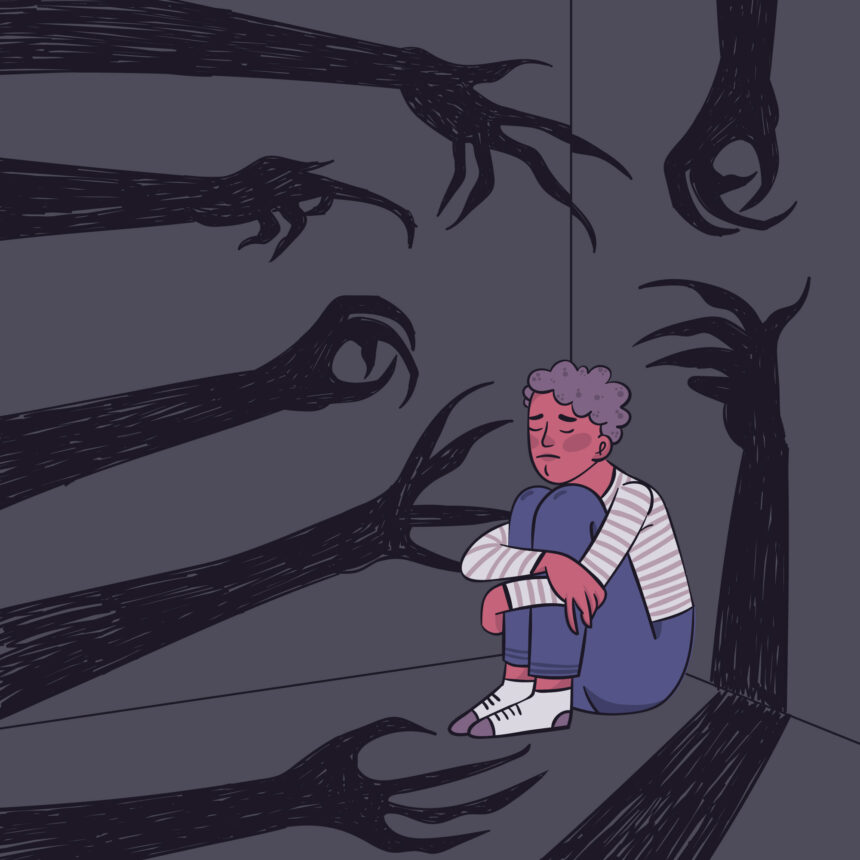Introduction: Seasonal depression, also known as seasonal affective disorder (SAD), is a form of depression that occurs in a seasonal pattern. While it is more commonly associated with winter months, it can also affect individuals during other seasons, including spring and summer. In South Africa, where the climate and daylight hours vary across regions, seasonal depression can impact men’s mental health. This guide aims to shed light on coping strategies specifically tailored for South African men to help them navigate through seasonal depression and maintain their well-being.
Understanding Seasonal Depression: Seasonal depression is often linked to a decrease in sunlight exposure, which disrupts the body’s internal clock and affects mood-regulating neurotransmitters like serotonin. In South Africa, where the seasons differ from the northern hemisphere, it’s essential to recognize the triggers for seasonal depression specific to this region.
Recognizing Symptoms: Being aware of the symptoms of seasonal depression is crucial in seeking timely help. Symptoms may include persistent sadness, low energy levels, changes in appetite, weight gain, difficulty concentrating, and social withdrawal. In South Africa, where seasons vary across the country, it’s important to differentiate between winter and summer SAD symptoms to identify the right coping strategies.
Coping Strategies for South African Men:
- Light Therapy: As sunlight plays a significant role in seasonal depression, light therapy can be beneficial. In winter, when daylight hours are shorter, spending time outdoors during the sunniest parts of the day can help. For summer SAD, creating a balanced exposure to natural light by seeking shade during peak hours can prevent excessive sun exposure.
- Exercise and Outdoor Activities: Engaging in regular physical activity can boost mood and alleviate symptoms of depression. In South Africa, with its diverse landscapes and favorable weather conditions, men can take advantage of outdoor activities such as hiking, cycling, surfing, or playing sports. These activities not only provide exercise but also allow for increased sunlight exposure and social interactions.
- Social Support: Maintaining social connections is vital for mental well-being. South African men can combat seasonal depression by staying connected with family, friends, and support networks. Engaging in social activities, organizing gatherings, and joining community groups or sports clubs can help combat feelings of isolation and loneliness.
- Healthy Lifestyle Choices: Adopting a healthy lifestyle can have a positive impact on mental health. South African men should focus on maintaining a balanced diet, rich in fruits, vegetables, and whole grains. Additionally, limiting alcohol consumption and avoiding excessive caffeine intake can contribute to better overall well-being.
- Seek Professional Help: If seasonal depression symptoms persist and significantly affect daily life, seeking professional help is essential. Mental health professionals, such as psychologists or psychiatrists, can provide guidance and recommend appropriate treatments such as therapy or medication.
Conclusion: Seasonal depression is a real and treatable condition that affects men’s mental health in South Africa. By recognizing the symptoms, understanding the triggers specific to the region, and implementing coping strategies tailored to the South African context, men can effectively manage seasonal depression. Remember, seeking support from loved ones and professionals is a sign of strength, and no one should face seasonal depression alone. With the right strategies in place, South African men can maintain their mental well-being and thrive throughout the year.










